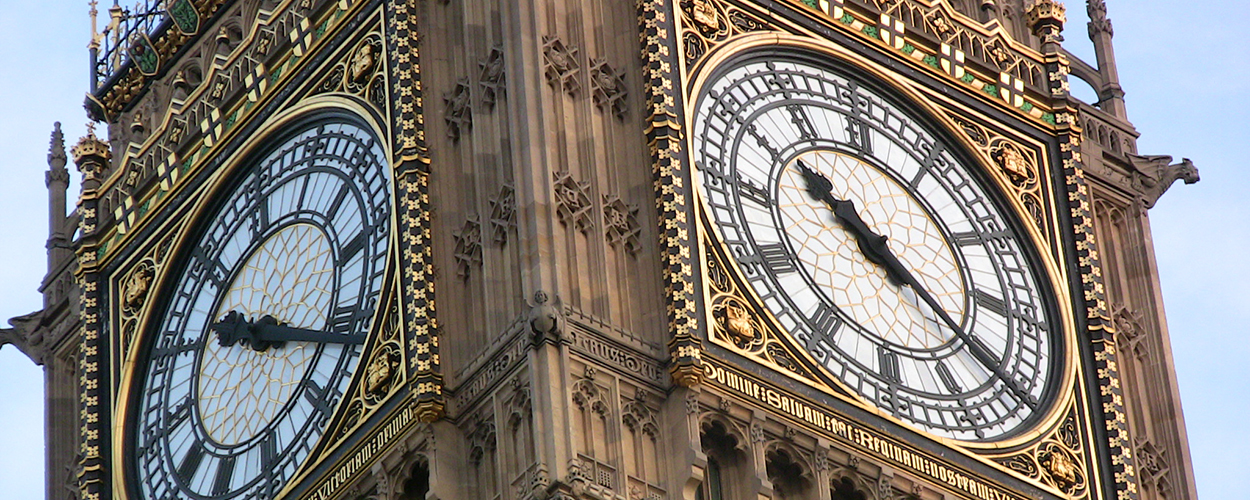This website uses cookies so that we can provide you with the best user experience possible. Cookie information is stored in your browser and performs functions such as recognising you when you return to our website and helping our team to understand which sections of the website you find most interesting and useful.
Business News Digital Labels & Publishers Legal
MU and Ivors say streaming service comments to select committee support redefinition of streams
By Chris Cooke | Published on Thursday 25 February 2021

The Musicians’ Union and Ivors Academy have welcomed comments made by Spotify, Apple and Amazon during this week’s oral hearing as part of Parliament’s ongoing inquiry into the economics of streaming.
The music-maker focused organisations say that answers given by the streaming service reps to MPs confirmed many of the issues artists and songwriters have raised about the streaming business, and also that streams should be defined differently by the industry, impacting on how monies are shared out.
MPs on Parliament’s Digital, Culture, Media & Sport select committee questioned Spotify’s Head Of Global Affairs and Chief Legal Officer Horacio Gutierrez, Apple’s Global Senior Director Of Music Publishing Elena Segal, and Amazon’s Director Of International Music Paul Firth on Tuesday.
The MU and Ivors say that during the session the services confirmed the dominance the major music groups have over the streaming business, and the licensing deals that sit at the heart of it all.
The Ivors Academy has argued that this dominance has resulted in much more streaming money being allocated to recordings than songs. Because, while all three majors have both recording and publishing divisions, contractural conventions mean that those companies usually get to keep a majority of any recording revenues, but have to pay writers a majority of any publishing income.
The two organisations also hone in on the agreement between Gutierrez, Segal and Firth that their partnerships with the music industry are licensing deals.
On one level that’s uncontroversial, because the contracts agreed between the services and the music companies clearly are licensing deals. But the definition of those deals – or the specific technical or legal definitions of a stream – are all controversial within the music community, because such definitions can impact on how monies are shared out between artists, labels, songwriters and publishers.
Many artists argue that labels have incorrectly defined streams and streaming deals in order to increase their cut of the money. Defining a stream as a licence could arguably increase an artist’s royalty rate on legacy contracts that don’t specifically mention digital income.
Meanwhile, if it’s deemed that steams exploit the communication or rental elements of the sound recording copyright, then performers would be due so called equitable remuneration under law through the collective licensing system. That money would be in addition to any royalties they are due from their label or distributor.
Commenting on this week’s hearing, MU Deputy General Secretary says: “This session has thrown some light into an area of the industry which by Spotify’s own admission is shrouded in ‘a high degree of opacity’. We must find a way to make the division of revenue more equitable for all musicians, creators and rightsholders. Given that the back catalogue controlled by major labels makes up such a significant share of music on these platforms, we must make sure that legacy artists are getting a fair deal, not just new acts. We must fix deals and put more collective rights management in place”.
“Spotify also said that ‘streaming is clearly a licence from a contractual perspective’ and not a sale”, she continues. “This means royalties should be paid to artists by labels at 50%. In fact, none of the platforms’ representatives argued that streaming is a sales model, although labels pay out to artists on that basis. We also heard about the role of human curation in playlisting and ad-supported services, which point to a broadcast model like radio. It is becoming increasingly clear that we need a review of how streaming is categorised legally as this could significantly improve payments to musicians and create an entirely new royalty stream for session players”.
Meanwhile, Ivors Academy boss Graham Davies adds: “[This week’s] session of the DCMS select committee with Apple Music, Spotify and Amazon Music provided further confirmation that this inquiry has been essential. It is clear to all that the industry models are out of date and there is an appetite, from streaming services to music creators, for reform. The current practices are held in place due to a lack of transparency, insufficient accuracy and inconsistent regulation of the major music intermediaries”.





